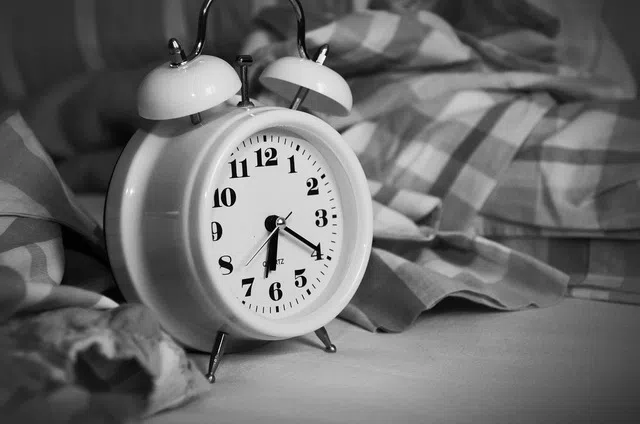
ROTHENBURGER: When will healthcare system wake up to the sleep crisis?
“YOU HAVE INSOMNIA,” the doctor told me as she scrolled through screen after screen of charts, graphs, notations and squiggly lines, the results of my night at the sleep clinic.
This was earlier this year, after I’d travelled out of town to find out why I haven’t been able to get a good night’s rest in years. These were supposed to be the real pros, the scientists who can look at your REM and your RAM and your ROM and whatever and tell you exactly what’s going on and how to fix it.
“Don’t sleep on your back,” she said.
Insomnia. Don’t sleep on my back. Got it.


